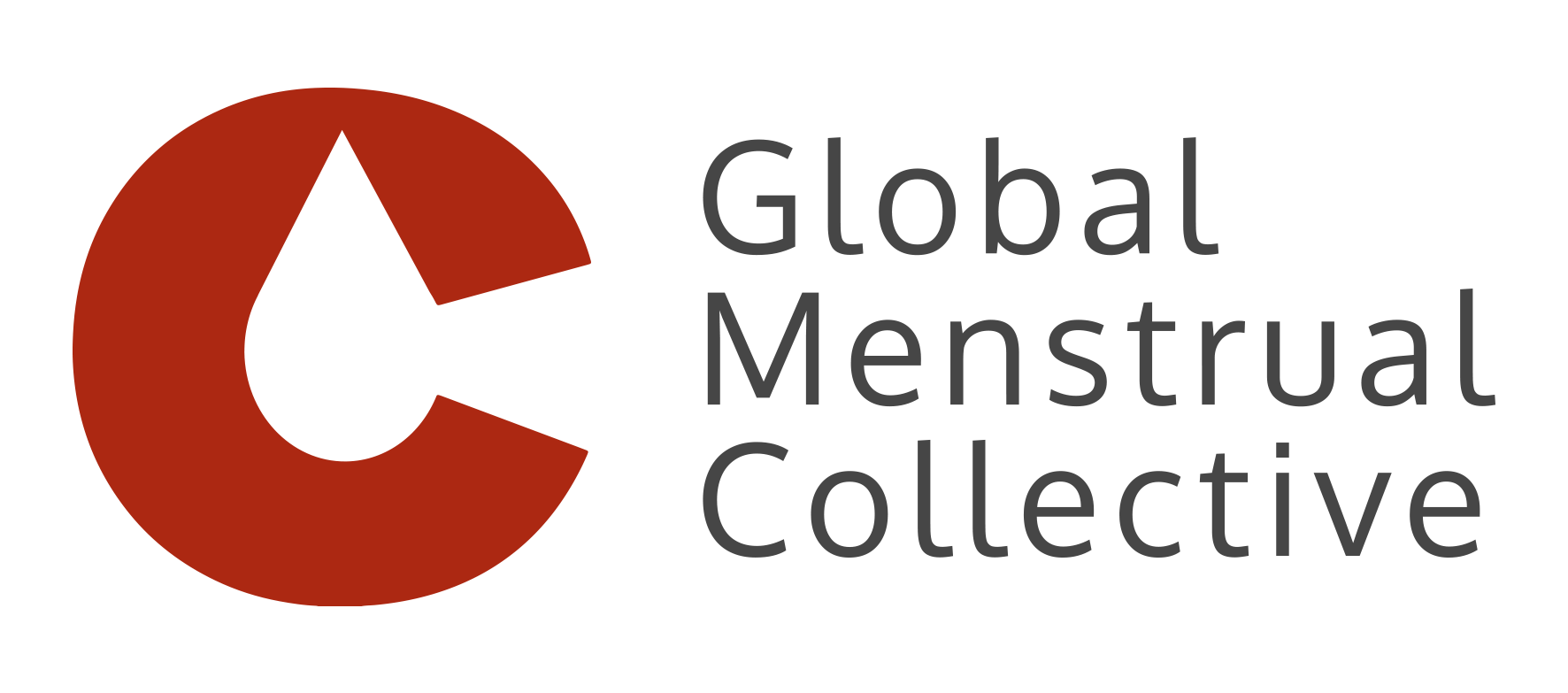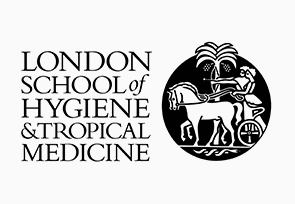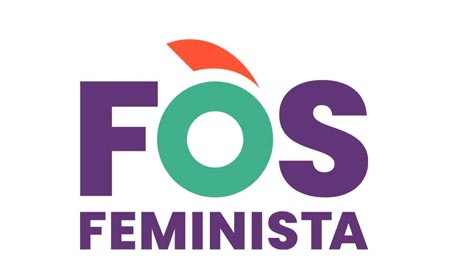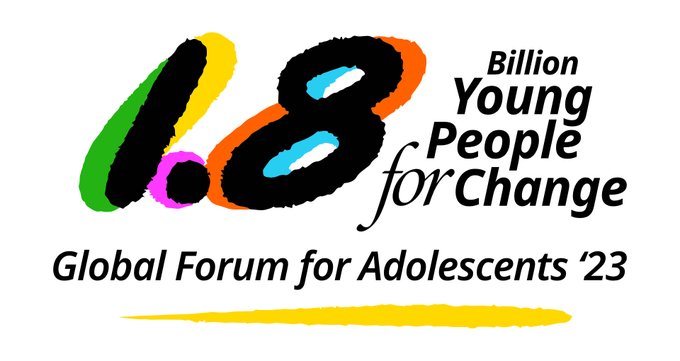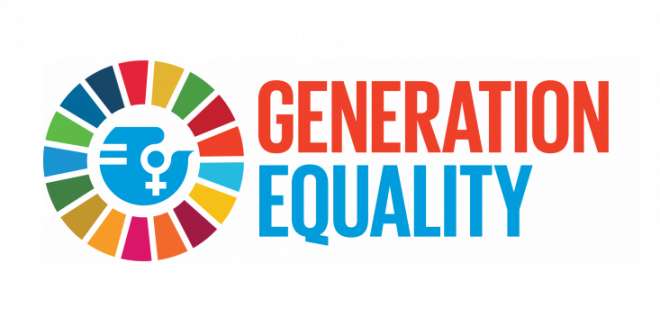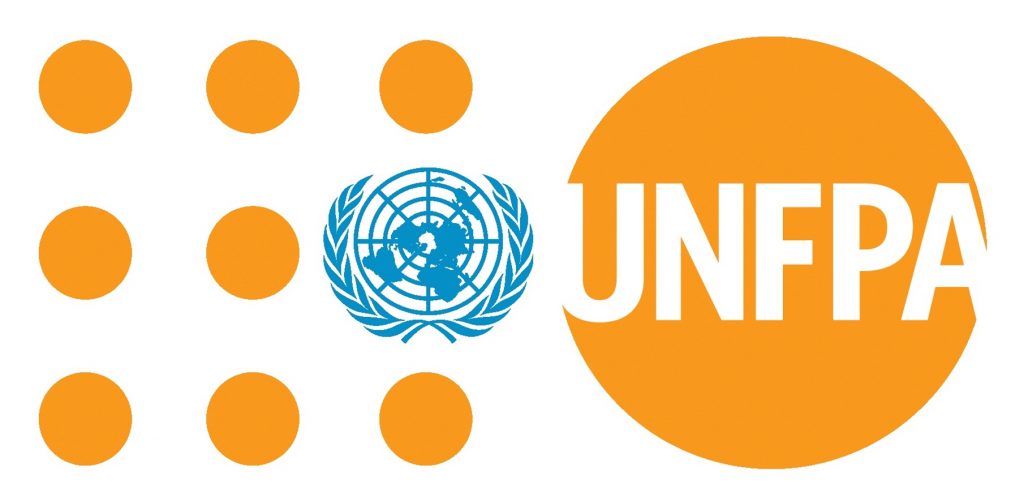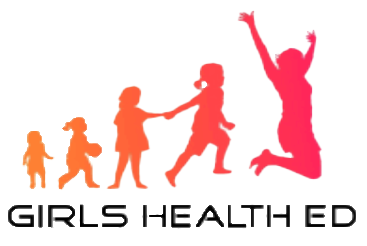Our Mission
There is a global pandemic of poor menstrual health!
Menstruation could be a catalyst or a barrier that impacts women, girls and gender-diverse individuals' ability to participate in society across their life course.
No Poverty
No Poverty: Period poverty can happen anywhere, without access to period or affordable period products. This can disproportionately affect lower-income households. Period poverty can happen to anyone who needs period products but cannot access them in school, at work, or in their daily lives. By destigmatising funding initiatives that offer these households access to menstrual products, we will alleviate the potential challenge of women, adolescent girls, or people who menstruate from choosing between menstrual products or other household necessities.
Enhancing Health and Well-being
Menstrual health is intrinsically linked to women's health and well-being. Insufficient access to menstrual products and healthcare services increases the risk of infections, reproductive health complications, and mental health issues. Investing in menstrual health, the World Health Assembly, G20, and the G7 can improve women, adolescent girls, and menstruating people's overall health outcomes, contributing to SDG 3 (Good Health and Well-being).
Quality Education
Menstrual health is critical to achieving quality education. In many parts of the world, adolescent girls may miss school during their menstruation due to inadequate access to menstrual products, sanitation facilities, and cultural stigmas. Lack of comprehensive sexuality education that includes information about menstruation across the life course can also contribute to individuals who menstruate feeling ashamed or embarrassed, leading to absenteeism. Achieving SDG 4 involves ensuring equal access to education for all, and addressing menstrual health is essential in removing barriers that hinder adolescent girls' and people who menstruates' attendance and participation in school.
Gender Equality
Gender equality is central to the SDGs, and menstrual health is crucial. Lack of access to menstrual products and sanitation facilities leads to school absenteeism, limiting girls' education and perpetuating gender disparities. Funding menstrual health movements and programs can break down these barriers, enabling girls to attend school regularly and ensuring equal access to education, thereby contributing to SDG 4 (Quality Education) and SDG 5 (Gender Equality).
Clean Water and Sanitation
Menstrual health is closely connected to water and sanitation issues. Access to clean water and safe and discreet sanitation facilities is crucial for maintaining good menstrual health. This includes access to discreet and hygienic disposal.l In many places, the lack of clean water and sanitation infrastructure can pose challenges for women, adolescent girls, and people who menstruate to manage their menstruation safely and with dignity. SDG 6 aims to ensure the availability and sustainable management of water and sanitation for all, and addressing menstrual health is a part of achieving this goal.
Decent Work and Economic Growth
Insufficient access to menstrual products and facilities hampers women's productivity and economic participation. By investing in menstrual health initiatives, the G20 can support women's economic empowerment, reduce productivity losses, and contribute to SDG 8.
Reduced Inequalities
Poor menstrual health can affect anyone who menstruates at any time but disproportionately affects women, adolescent girls, and people who menstruate in low socio-economic households. We must encourage menstrual health programmes to be intersectional and employ rights-based approaches so that people with disabilities, those who are incarcerated, people experiencing homelessness, LGBTQIA+ individuals, those living in poverty, and women of colour have access to the products, WASH facilities, and education, in environments that are free from menstrual stigma and shame so they can attain their menstrual health.
Sustainable Consumption and Production, and SDG 12
Climate Action: Sustainable Development and Environmental Protection are critical when increasing access to menstrual products. Products often generate considerable waste, mainly when non-biodegradable
Climate Action
Promoting reusable products where possible and building self-efficacy so that individuals can opt to have access to them could contribute to SDG 12 (Responsible Consumption and Production) and SDG 13 (Climate Action).
No Poverty
No Poverty: Period poverty can happen anywhere, without access to period or affordable period products. This can disproportionately affect lower-income households. Period poverty can happen to anyone who needs period products but cannot access them in school, at work, or in their daily lives. By destigmatising funding initiatives that offer these households access to menstrual products, we will alleviate the potential challenge of women, adolescent girls, or people who menstruate from choosing between menstrual products or other household necessities.
Enhancing Health and Well-being
Menstrual health is intrinsically linked to women's health and well-being. Insufficient access to menstrual products and healthcare services increases the risk of infections, reproductive health complications, and mental health issues. Investing in menstrual health, the World Health Assembly, G20, and the G7 can improve women, adolescent girls, and menstruating people's overall health outcomes, contributing to SDG 3 (Good Health and Well-being).
Quality Education
Menstrual health is critical to achieving quality education. In many parts of the world, adolescent girls may miss school during their menstruation due to inadequate access to menstrual products, sanitation facilities, and cultural stigmas. Lack of comprehensive sexuality education that includes information about menstruation across the life course can also contribute to individuals who menstruate feeling ashamed or embarrassed, leading to absenteeism. Achieving SDG 4 involves ensuring equal access to education for all, and addressing menstrual health is essential in removing barriers that hinder adolescent girls' and people who menstruates' attendance and participation in school.
Gender Equality
Gender equality is central to the SDGs, and menstrual health is crucial. Lack of access to menstrual products and sanitation facilities leads to school absenteeism, limiting girls' education and perpetuating gender disparities. Funding menstrual health movements and programs can break down these barriers, enabling girls to attend school regularly and ensuring equal access to education, thereby contributing to SDG 4 (Quality Education) and SDG 5 (Gender Equality).
Clean Water and Sanitation
Menstrual health is closely connected to water and sanitation issues. Access to clean water and safe and discreet sanitation facilities is crucial for maintaining good menstrual health. This includes access to discreet and hygienic disposal.l In many places, the lack of clean water and sanitation infrastructure can pose challenges for women, adolescent girls, and people who menstruate to manage their menstruation safely and with dignity. SDG 6 aims to ensure the availability and sustainable management of water and sanitation for all, and addressing menstrual health is a part of achieving this goal.
Decent Work and Economic Growth
Insufficient access to menstrual products and facilities hampers women's productivity and economic participation. By investing in menstrual health initiatives, the G20 can support women's economic empowerment, reduce productivity losses, and contribute to SDG 8.
Reduced Inequalities
Poor menstrual health can affect anyone who menstruates at any time but disproportionately affects women, adolescent girls, and people who menstruate in low socio-economic households. We must encourage menstrual health programmes to be intersectional and employ rights-based approaches so that people with disabilities, those who are incarcerated, people experiencing homelessness, LGBTQIA+ individuals, those living in poverty, and women of colour have access to the products, WASH facilities, and education, in environments that are free from menstrual stigma and shame so they can attain their menstrual health.
Sustainable Consumption and Production, and SDG 12
Climate Action: Sustainable Development and Environmental Protection are critical when increasing access to menstrual products. Products often generate considerable waste, mainly when non-biodegradable
Climate Action
Promoting reusable products where possible and building self-efficacy so that individuals can opt to have access to them could contribute to SDG 12 (Responsible Consumption and Production) and SDG 13 (Climate Action).
Pandemic Periods is committed to driving and diversifying the global menstrual health narrative, and how menstruation drives or hinders the life cycle of women and gender-diverse individuals across the life course.
Menstrual health is a gateway to addressing SRHR across the life course. We are the movement leading multi-sectoral cooperation, research, and programmes to diversify and drive global menstrual health.
Pandemic Periods advocates using our convening power, applying rights-based approaches and an intersectional lens to co-create action-orientated advocacy that will feed into the United Nation’s Sustainable Development Goals 2030 and drive the inclusion of menstrual health in the next generation of development goals.
We aim to strengthen skills, allowing activists to address the six areas outlined in the Priority List of Indicators for Girls’ Menstrual Health and Hygiene: Technical Guidance and National Monitoring. We offer global knowledge-sharing opportunities via regional virtual events, high-level events at UNGA and CSW, on our blog through external publications, and by curating new partnerships.
We also support early-career individuals to develop their experience in this space and build skills around writing creative narratives, policymaker engagement, academic writing, multi-cultural team cooperation, advocacy, and event curation. We offer mentorship when applying for jobs, interview techniques, and how to work in a professional environment. We offer our junior team members the opportunity to gain experience in team management, recruitment, strategy development, and getting published.
Together, we want to build an inclusive and supportive network to continue to address the challenges that prevent women, adolescent girls, transgender men, and non-binary individuals from attaining menstrual health.
Menstrual Health Matters
The Pandemic Periods Collective speaks out about the challenges facing individuals around the world who menstruate, and how Covid-19 is impacting the way they manage they menstrual health as well as their access to period products.
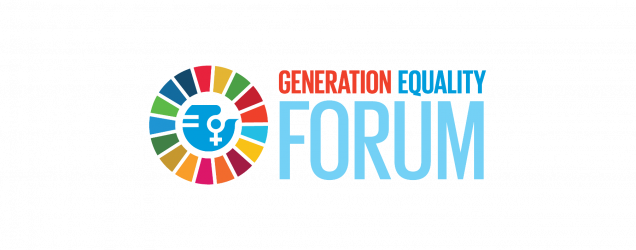
our generation equality forum commitment
We pledge to drive collective action around Sustainable Development Goal (SDG) 5 to achieve gender equality to empower all women and girls and facilitate efforts that ensure that all girls and women can manage their periods with dignity to achieve SDG 3 of good health and well-being.
Eight hundred million individuals are menstruating each day, yet menstruation is not always recognised as a priority in women’s, girls, transmen and non-binary individuals’ health and well-being. Through our global collective, we will continue to raise the visibility of sub-optimal menstrual health. Through creative storytelling and action-orientated advocacy, we will advocate for safe, affordable, and hygienic products, discreet spaces, and hygiene facilities so women, girls, and all people that menstruate can manage their periods with dignity.
Pandemic Periods will commit to advocating for menstrual health to be recognised independently of sexual and reproductive rights – we want multilateral to have teams dedicated to menstrual health, not just sexual and reproductive health. We also pledge to advocate for menstrual health across the life course, not just for adolescent girls.
We are committed to advocating for girls and women’s needs, and their involvement should be integrated into the co-design and execution of advocacy initiatives, interventions, and gender transformative approaches that address menstrual health in the context of COVID-19 and in the future.
We will work with employers worldwide to encourage them to adopt gender-transformative policies that will create gender-responsive workplaces that address the needs of individuals that menstruate across the life course.
We will also continue to support young women to gain further experience in this sector by offering training and exposure to global health, menstrual health, and gender equality advocacy.
We have partnered with...
